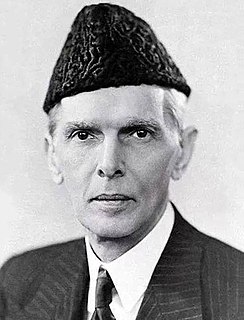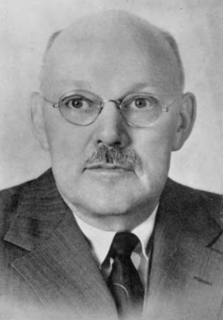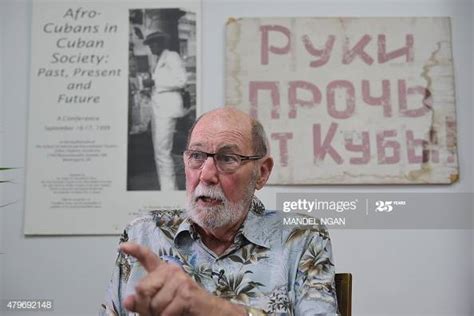A Quote by Helen Keller
I have visited sweatshops, factories, and crowded slums. If I could not see it, I could smell it. The foundation of society is laid upon a basis of . . . individualism, conquest and exploitation . . . A social order such as this, built upon such wrong and basic principles, is bound to retard the development of all. The output of a cotton mill or a coal mine is considered of greater importance than the production of healthy, happy-hearted and free human beings. We, the people, are not free. Our democracy is but a name.
Quote Topics
Basic
Basic Principles
Basis
Beings
Bound
Built
Coal
Conquest
Considered
Cotton
Could
Crowded
Democracy
Development
Exploitation
Factories
Foundation
Free
Greater
Happy
Healthy
Hearted
Human
Human Being
Human Beings
If I Could
Importance
Individualism
Laid
Mill
Mine
Name
Order
Our
Output
People
Principles
Production
Retard
See
Slums
Smell
Social
Social Order
Society
Sweatshops
Than
Visited
Wrong
Related Quotes
To Mahatma Gandhi, the key to India's progress was the development of its villages. In his unified vision, education, agriculture, village industry, social reform all came together to provide the basis for a vibrant rural society free from exploitation and linked to the urban centres as equals. Our planning incorporates this basic insight.
The greater the importance to safeguarding the community from incitements to the overthrow of our institutions by force and violence, the more imperative is the need to preserve the constitutional rights of free speech, free press and free assembly in order to maintain the opportunity for free political discussion.
Human envy is certainly not one of the sources of discontent that a free society can eliminate. It is probably one of the essential conditions for the preservation of such a society that we do not countenance envy, not sanction its demands by camouflaging it as social justice, but treat it, in the words of John Stuart Mill, as 'the most anti-social and evil of all passions.'
The Millennium Development Goals were a pledge to uphold the principles of human dignity, equality and equity, and free the world from extreme poverty. The MDGs, with eight goals and a set of measurable time-bound targets, established a blueprint for tackling the most pressing development challenges of our time.
The basic principles of democracy should be observed whatever the country - principles such as civil liberties, a free market, a free press, the priority of the individual over mythical state interests, a state which serves the interests of ordinary people and defends their rights and interests. This is all easy to say but hard to make reality.
Life is about committing ourselves on a daily basis to the best in us. Freedom is a state of mind. Freedom is an attitude. Freedom is a spirit. You may be behind bars, but you still have the capacity to be free. I've visited some people behind bars who are freer than Negroes I see running around every day. Being in jail, or poor, or uneducated doesn't determine how free you can be. There are really only two types of people. Either you're running scared or you're running free. I choose to run free, and you can, too, no matter what your circumstances in life.
Modern capitalism seeks to assure us that it operates according to the principles of free creativity, endless development and diversity. It glosses over its other side in order to hide the reality that millions of people are enslaved by an all-powerful and fantastically stable norm of production. We want to reveal this lie.
Widely dispersed knowledge concerning the important role of basic cooperative processes among living beings may lead to the acceptance of cooperation as a guiding principle both in social theory and as a basis for human behavior. Such a development when it occurs will alter the course of human history.



































